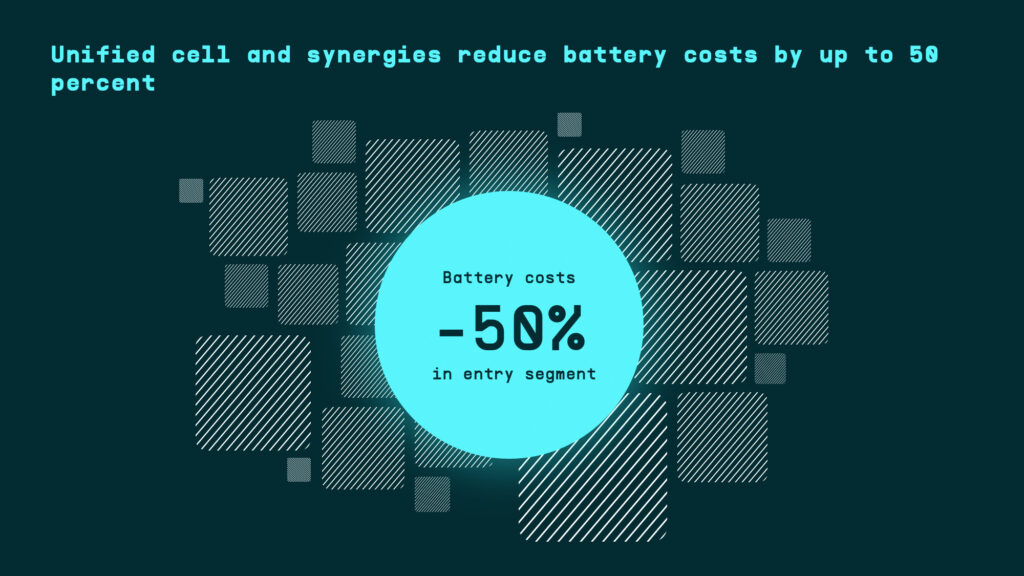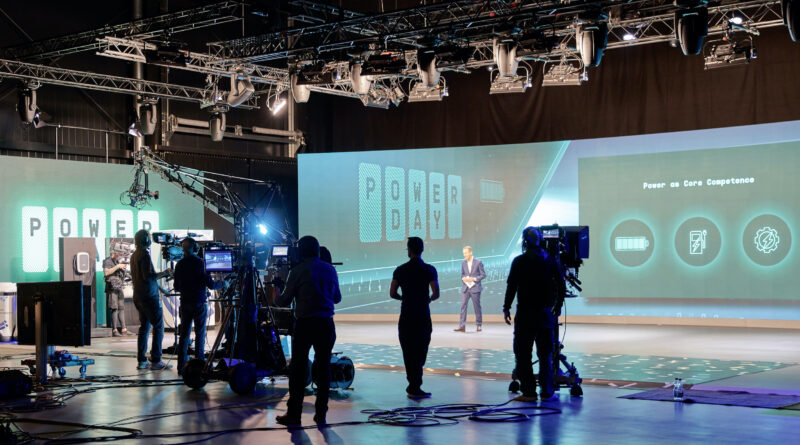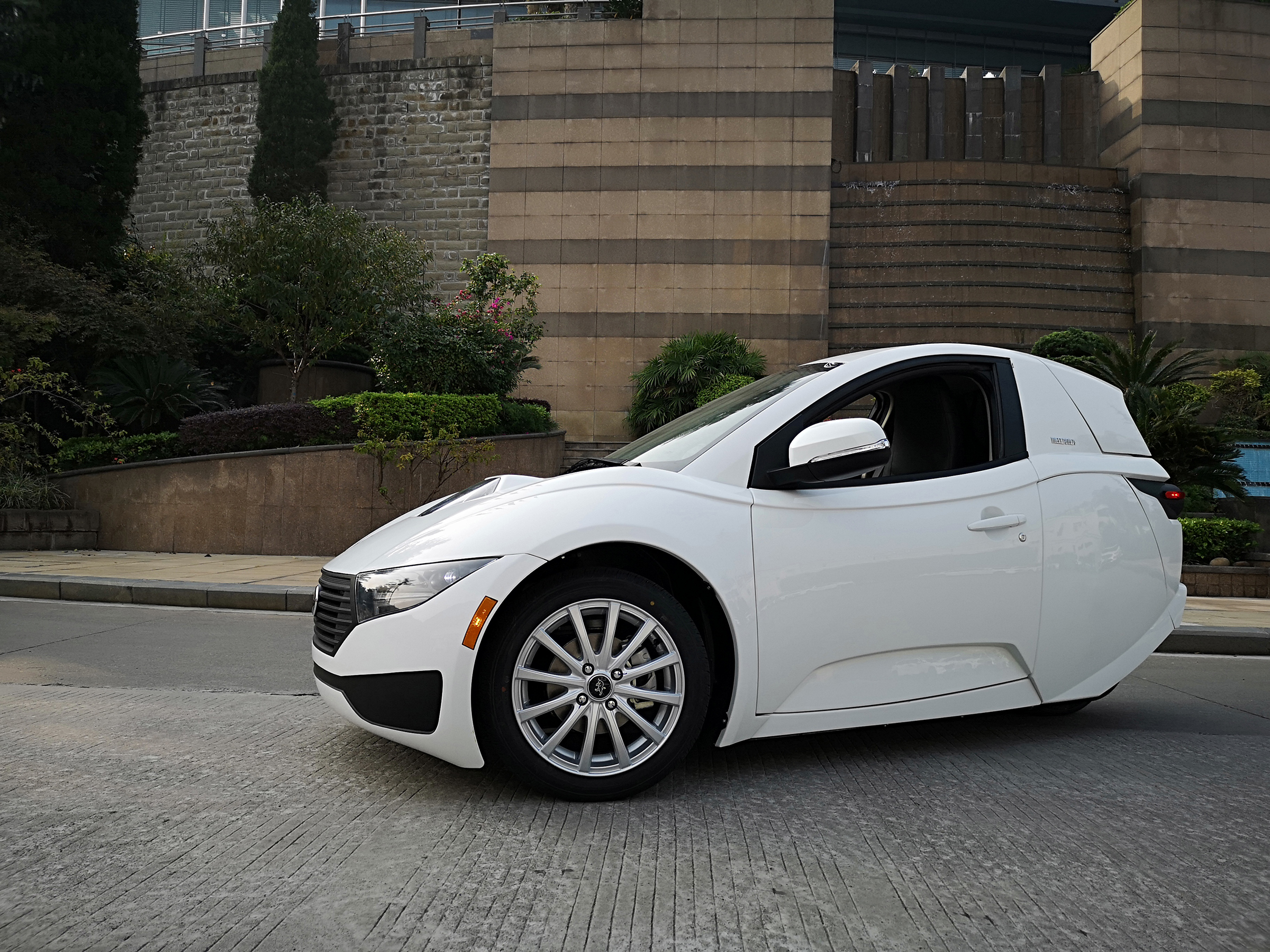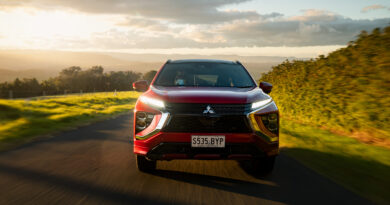Hard cell: VW aiming for world EV domination…
When the Volkswagen Group decides to simplify you just know it’s going to be complicated. Except when it comes to battery cells for its EVs…
The VW Group is one of the titans of the global car industry. Only Toyota, with its subsidiary brands Lexus and Daihatsu, sold more cars world-wide in 2020, and the margin wasn’t wide. The previous year the positions were the other way round.
One reason the VW Group is so big is that it owns a bunch of other brands, offering everything from affordable value to expensive exclusivity. The list includes Skoda, Audi, Porsche, Bentley, Lamborghini and Bugatti, plus Seat and its new Cupra sub-brand, neither of which are sold in Australia.
Last week VW Group staged an event loosely modelled on Tesla’s 2020 Battery Day. Volkswagen’s Power Day generated plenty of stories. Many of them examined in detail the various brand-appropriate blueprints for EV expansion that were revealed.
Porsche, for example, will install exclusive charging stations for its customers along major routes across Europe. Each will have six to a dozen 350kW DC fast chargers adjacent to a classy lounge accessible only to Porsche owners.
But the really big story from the Power Day was Volkswagen Group’s battery cell plan, which will be key to the company achieving its hugely ambitious EV objective.
Which is? Simple, to be the global market leader for electric mobility by 2025 at the latest. It’s a strategy that effectively takes on Toyota and Tesla at the same time.
Volkswagen Group believes superior battery technology is the weapon to win this two-front war.
Beginning in 2023, VW Group will introduce a new lithium-ion battery cell that will be produced in massive quantities. With its partners, the car maker plans to construct six new cell factories in Europe, with a massive total annual production capacity of 240 GWh (gigawatt hours).
That’s 240 million kWh (kilowatt hours), or put another way, enough cells to equip 2.4 to 4.8 million EVs with battery packs ranging from a decent 50kWh to a whopping 100 kWh.
By 2030, VW Group expects around 80 percent of all its EVs across all its brands will be using what it calls the “unified cell”.

Scaling up cell production will, Volkswagen Group says, bring costs down. The company aims to reduce the cost of cells by up to 50 percent for its bottom-end cars and up to 30 percent in its high-volume models.
What about the other 20 percent of VW Group production, the high-end premium models?
These will use a more advanced battery cell chemistry. Though more costly, these cells will deliver better performance… for those who can afford the EVs that have them.
Porsche seems to be taking the lead here. The sports car and SUV maker is working to develop lithium-ion cells which use a silicon anode instead of one made from graphite.
The silicon anode cells will initially go into limited-production high-performance EVs and customer motorsport cars.
According to Porsche, the new cells promise higher energy density for improved driving range, and better fast-charging capability. They will be made in Europe, the company promises.
“The battery cell is the combustion chamber of tomorrow,” says Porsche chairman Oliver Blume.
It would make sense for other premium Volkswagen Group brands to use the same cells as Porsche. So they could also be seen in top-end Audis and anything with a Bentley badge. They could also be used by Lamborghini, should the Italian brand decide to go cold turkey on its long-term V12 engine addiction…




